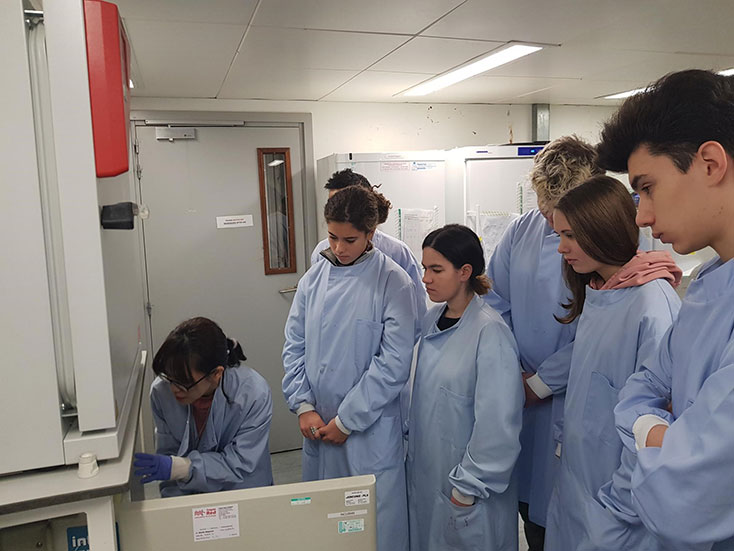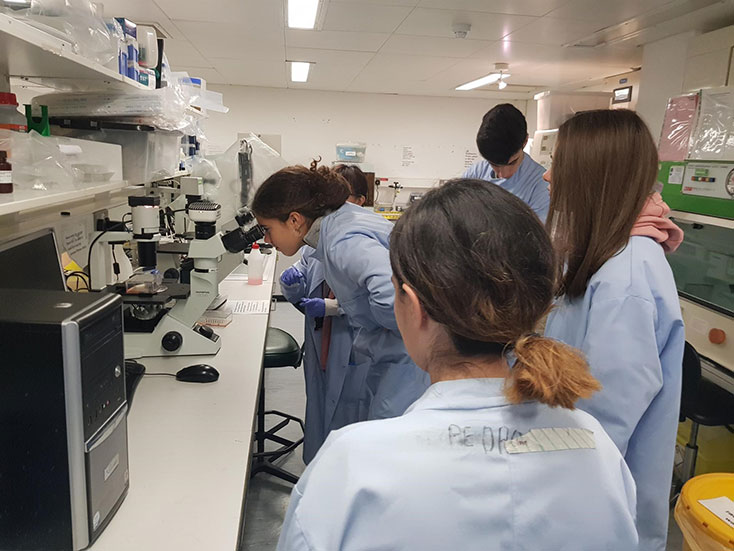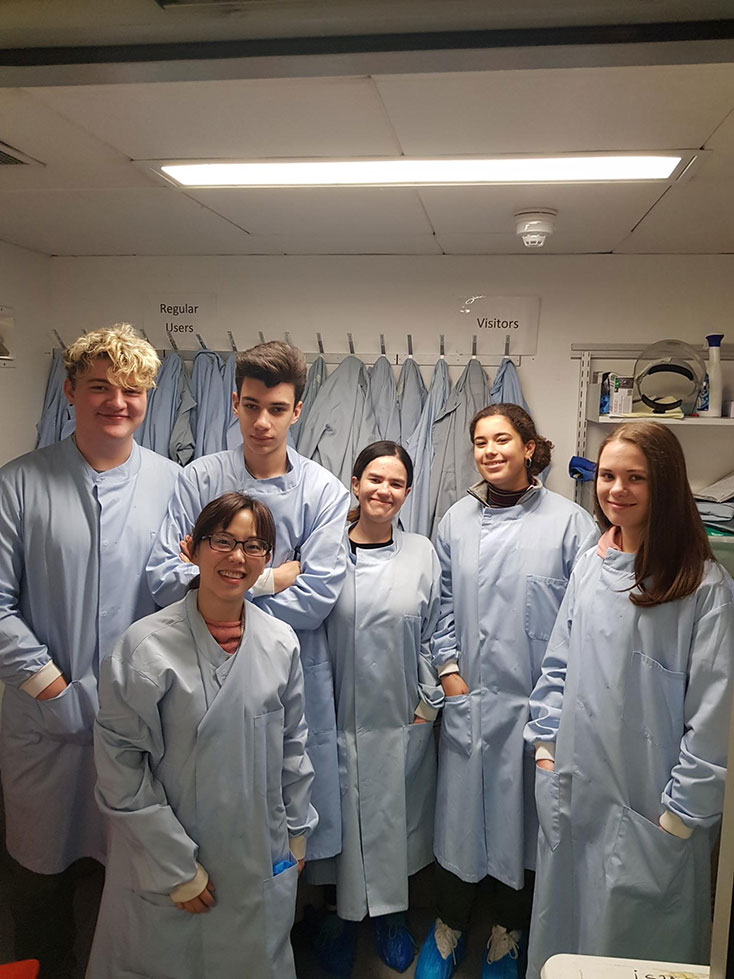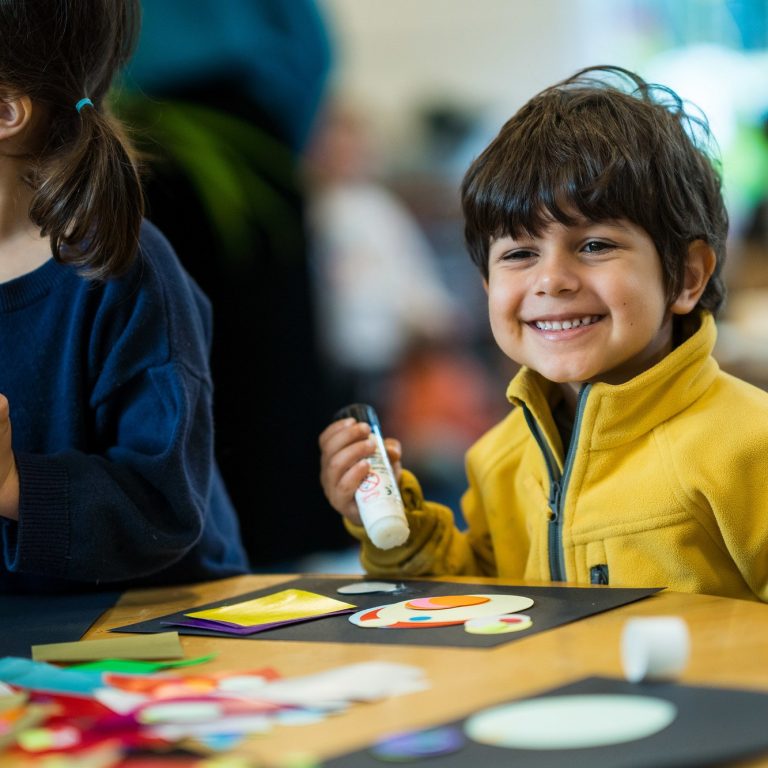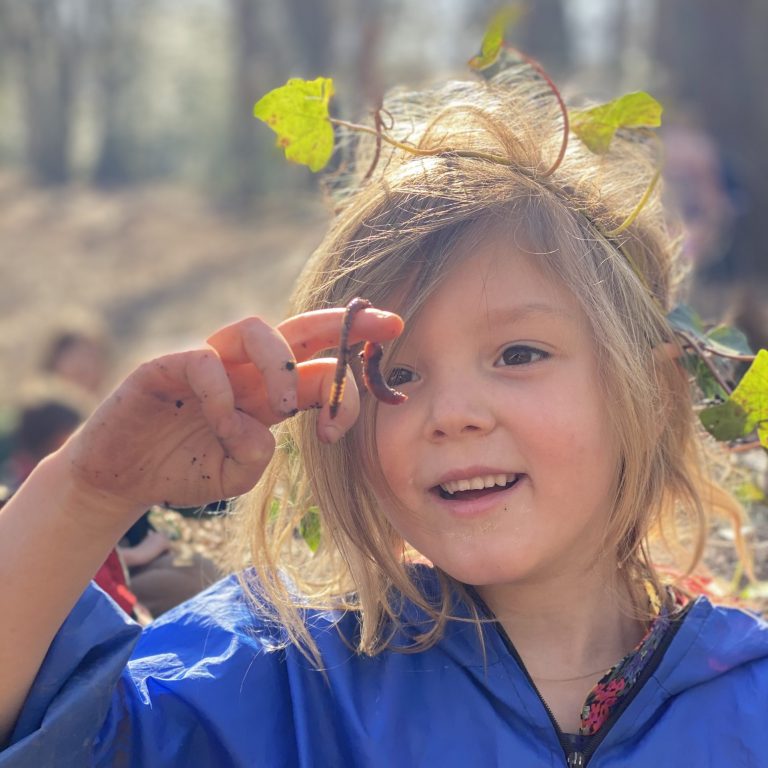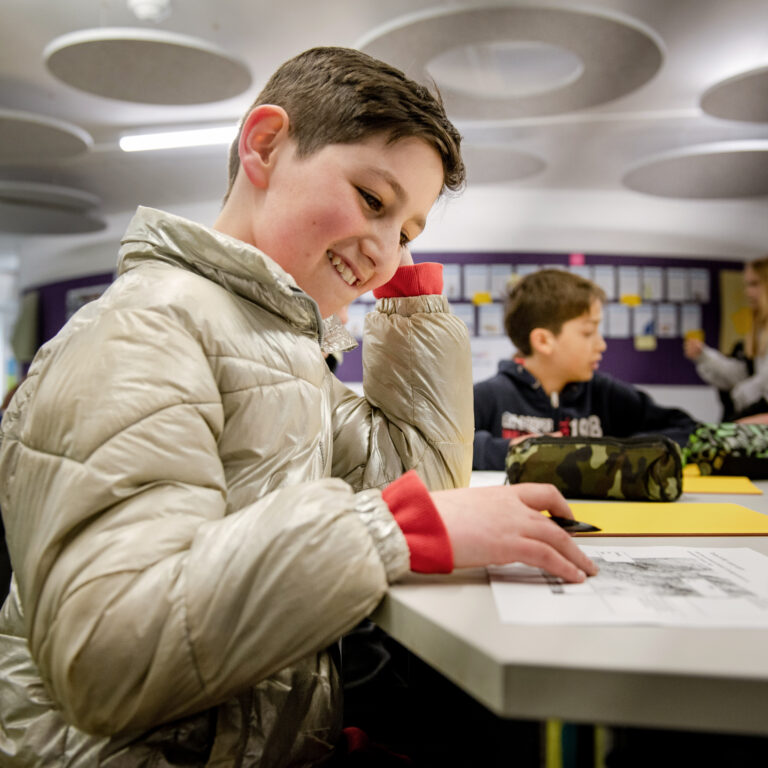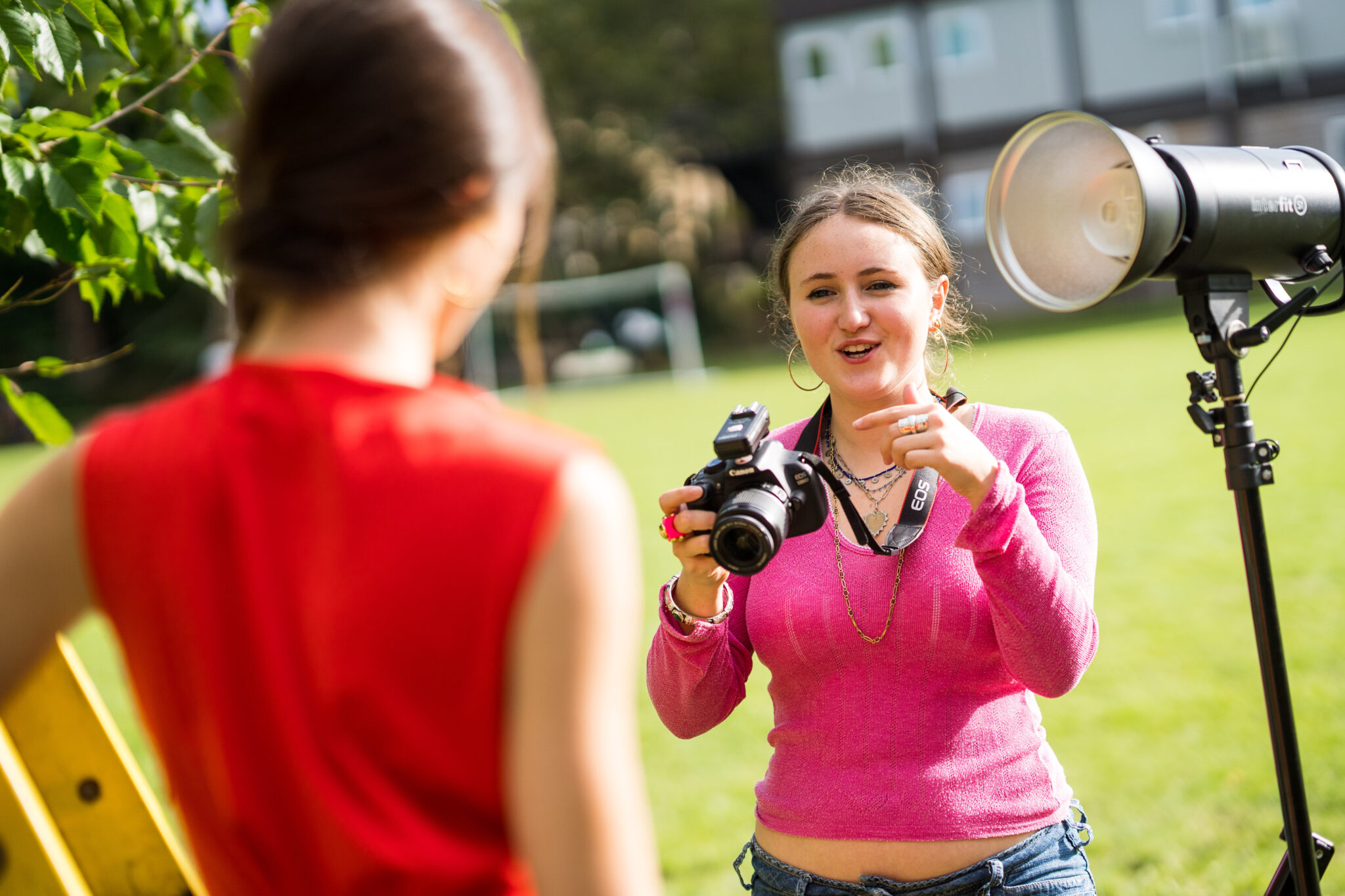Body positive: Lab visit for A-level students
28th November 18
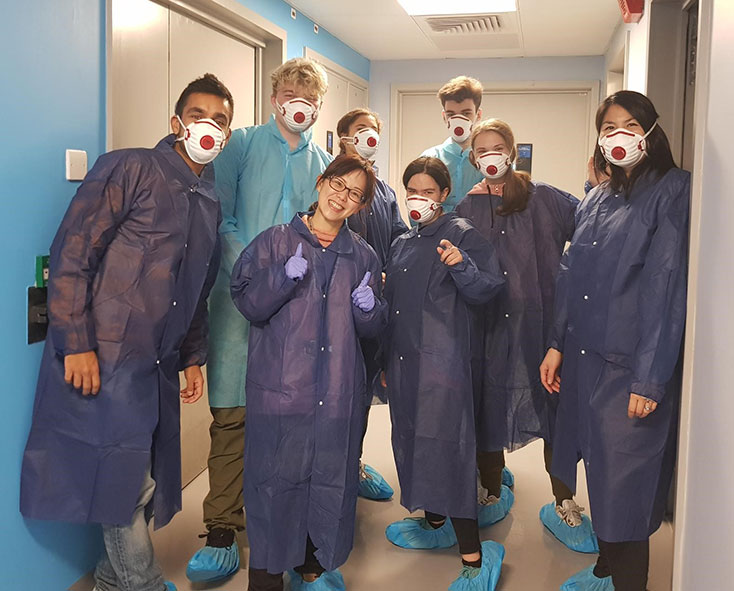
A recent A-level Biology trip saw the students visiting the labs at Kings College and meeting leading Cancer researcher Dr Julie Wang.
“To find out more about our bodies and to see, first hand, a working lab, we visited Kings College London and the ‘BodyWorlds’ exhibition by Gunther von Hagens.
At Kings College we were met by a leading scientist, Dr Julie Wang, who is currently researching cancer treatments, in particular focusing on drug delivery to the tissues where the tumours are found. She explained and demonstrated several pieces of equipment in the lab which are used in both cell and tissue culture biology.
We also visited the animal testing facilities. Although very torn, we did feel that the animals were given the best life they could have given the circumstances. There are very strict guidelines in place so that they were not ill-treated. All of the testing required needed animal test subjects and the handling of the animals is strictly regulated.
After this interesting and informative visit we had lunch and then continued on to Piccadilly to see the ‘Body Worlds’ exhibition. This exhibition is made up of the actual plasticised bodies of deceased people who donated their bodies to science. There were examples of the damage to your internal organs by various diseases and harmful lifestyle choices.
The exhibition was enlightening and intriguing as they explained the anatomy and physiology of the different body parts.”
Alicia YR12
“The YR12 biologists visited Kings College near Waterloo and spent an exciting morning with Dr Julie Wang in the Institute of Pharmaceutical Science. We had a tour of the department, meeting different researchers in the labs, finding out what exciting projects they were working on, all relating to discovering and developing new drugs and in particular drug delivery.
We were very lucky as we also had the opportunity to visit a unit where animals are kept for testing (mainly rats, some mice, and fish too). The team in this department are animal lovers so they work tirelessly to create a nice environment for the animals and make their conditions as similar to their natural habitats as possible. It was interesting to hear about how extremely time consuming the process is which has to be implemented every time the researchers want to test on animals. They need to prove to many different faculties, including the Home Office, why it is necessary to test on animals and why what they’re testing justifies testing on animals. If the Home Office accepts the request, the department still have very strict guidelines as to how much discomfort they can cause the animals. For example, if they want rats to develop a tumour, there is a limit to how big it can be allowed to grow.
Overall it was an interesting day enjoyed by all. We all learnt a lot and have come away with a big appreciation for the hard work and dedication scientists and researchers give to helping to improve our healthcare and ultimately, save lives!”
Tara YR12



